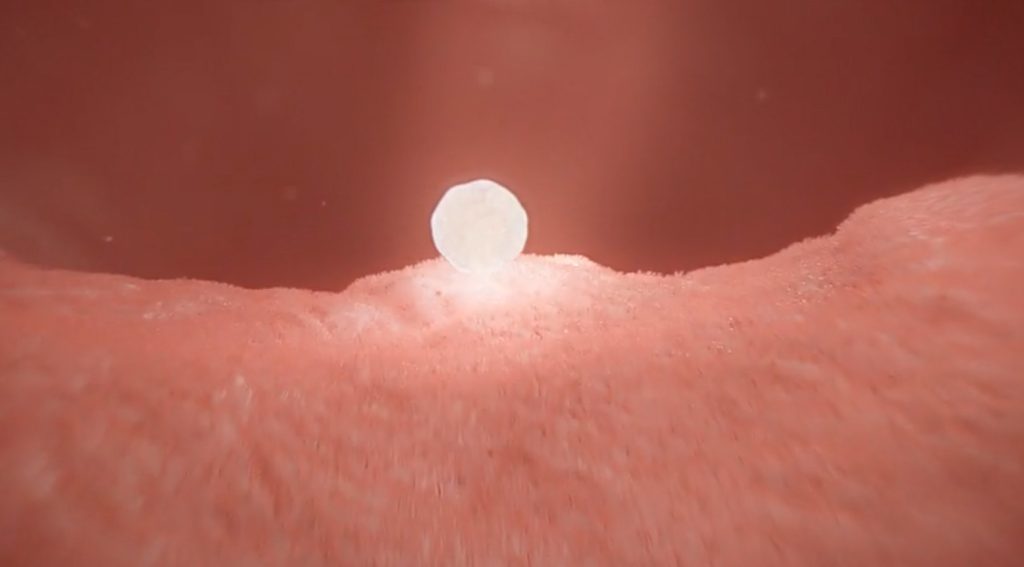
Even if public discourse may suggest otherwise, from a biological point of view we can exactly define when human life begins: at conception.
The moment when the egg- and the sperm-cell fuse is the beginning of the existence of a new, unique human organism. This new living organism – now consisting of a single cell, called a zygote – already contains all the genetic information of the grown human it will develop into: sex, hair color, color of their eyes, etc. At no point during their development is further information added. If nothing unexpected happens or the development is not interrupted or stopped, this newly existing human will be born as a unique baby roughly nine months later.
Sources:
- Condic, Maureen (2013): When Does Human Life Begin? The Scientific Evidence and Terminology Revisited [https://researchonline.stthomas.edu/esploro/outputs/journalArticle/When-Does-Human-Life-Begin-The/991015131529403691].
- Sadler, T.W. (2012): Langman’s Medical Embryology [https://e-library.sammu.uz/uploads/books/Ingliz%20tilidagi%20kitoblar/Sadler_T_W_–_Langman_39_s_medical_embryology.pdf].
- Webster, Samuel; de Wreede, Rhiannon (2012): Embryology at a glance [http://repository.stikesrspadgs.ac.id/55/1/Embryology%20at%20a%20Glance-122hlm.pdf].